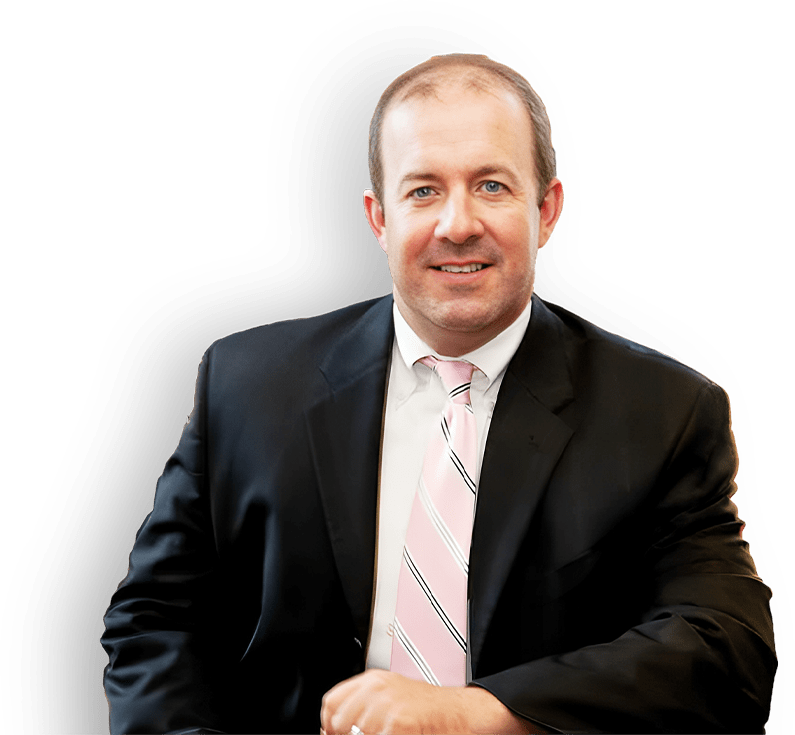According to statistics, it has been estimated that 13.5 million people around the world take opiates, and of those individuals, around 9.2 million use heroin. In 2016, the National Survey on Drug Use and Health indicated that 4,981,000 Americans admitted to trying heroin in their lifetimes. That included people under the age of 12.
Heroin is illegal in the United States because of its high risk of addiction, overdose and death. While other opiates are controlled and prescribed to patients who need them, heroin is not among them.
What happens if a person is arrested for possessing or using heroin?
For a first offense, the likelihood is that the individual will be able to go through an alternative drug court. Then, they’ll have an opportunity to seek addiction counseling and to work with the court to attempt to reduce any legal penalties they face.
Heroin is addictive, so it can be difficult for users to stop using it. Immediately after stopping, there is physical withdrawal including symptoms like anxiety, nausea and sweating. It’s easy for people to relapse during withdrawal, but in a medical environment, there are ways to reduce the withdrawal symptoms and help the individual get through them.
Heroin relapse is often lethal after someone has stopped using. Why? The body’s tolerance to the drug drops almost immediately after it leaves their system. That creates a risk of overdosing. Additionally, there is an extra risk of patients having trouble with breathing after times of abstinence. For that reason, patients who stop using heroin are encouraged to stay sober and to get help if they are struggling with doing so.
How are people who are addicted to heroin assisted through withdrawal?
There are three drugs that can help with this. These include buprenorphine, methadone and naltrexone. These drugs have similar effects to heroin, but they don’t have the same risks. They reduce the likelihood of a lethal relapse and improve the patient’s quality of life while they’re going through recovery.
In addition to medications, psychological counseling and treatment is encouraged for anyone who has been arrested for drug abuse. Through sessions, it’s possible to change behaviors and actions that could later lead to a relapse, encouraging the individual to remain drug free and on a healthy path moving forward.
Drug abuse is taken seriously, and those who need help deserve to get it. The alternative drug court could be the right answer for your case.



